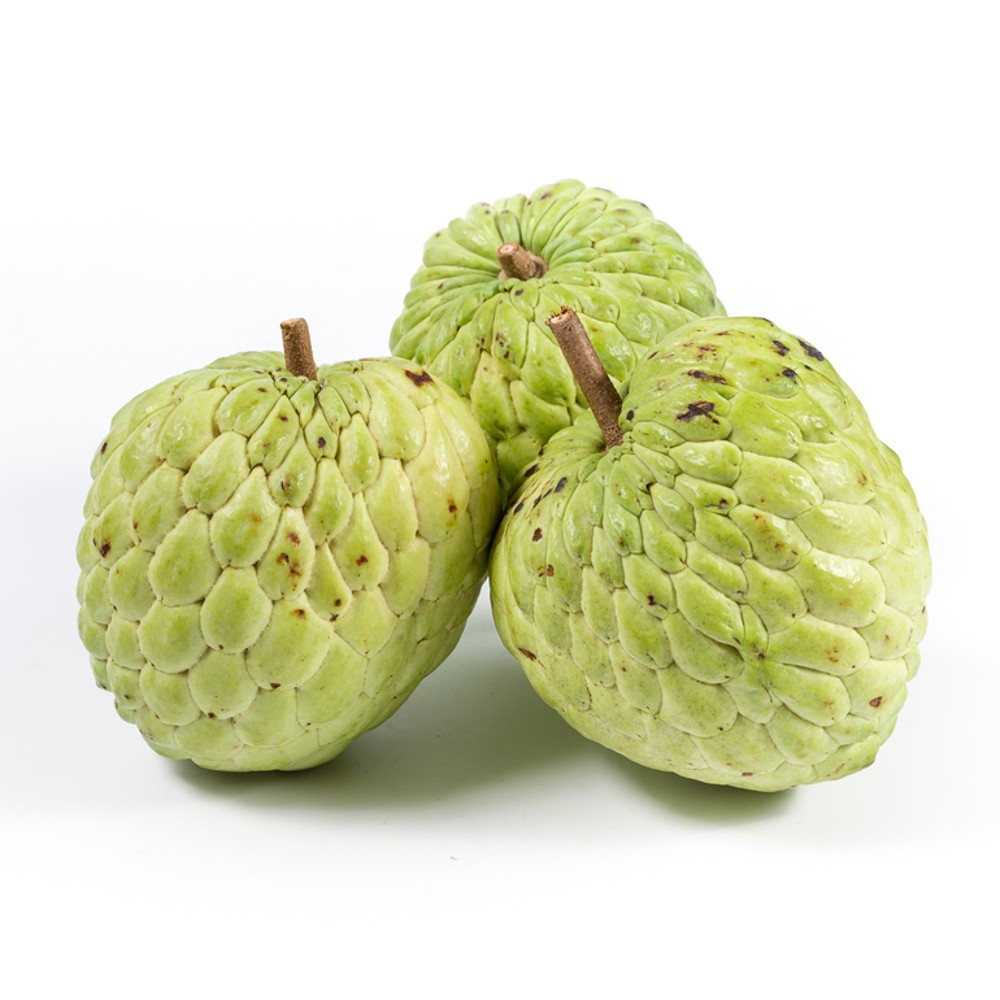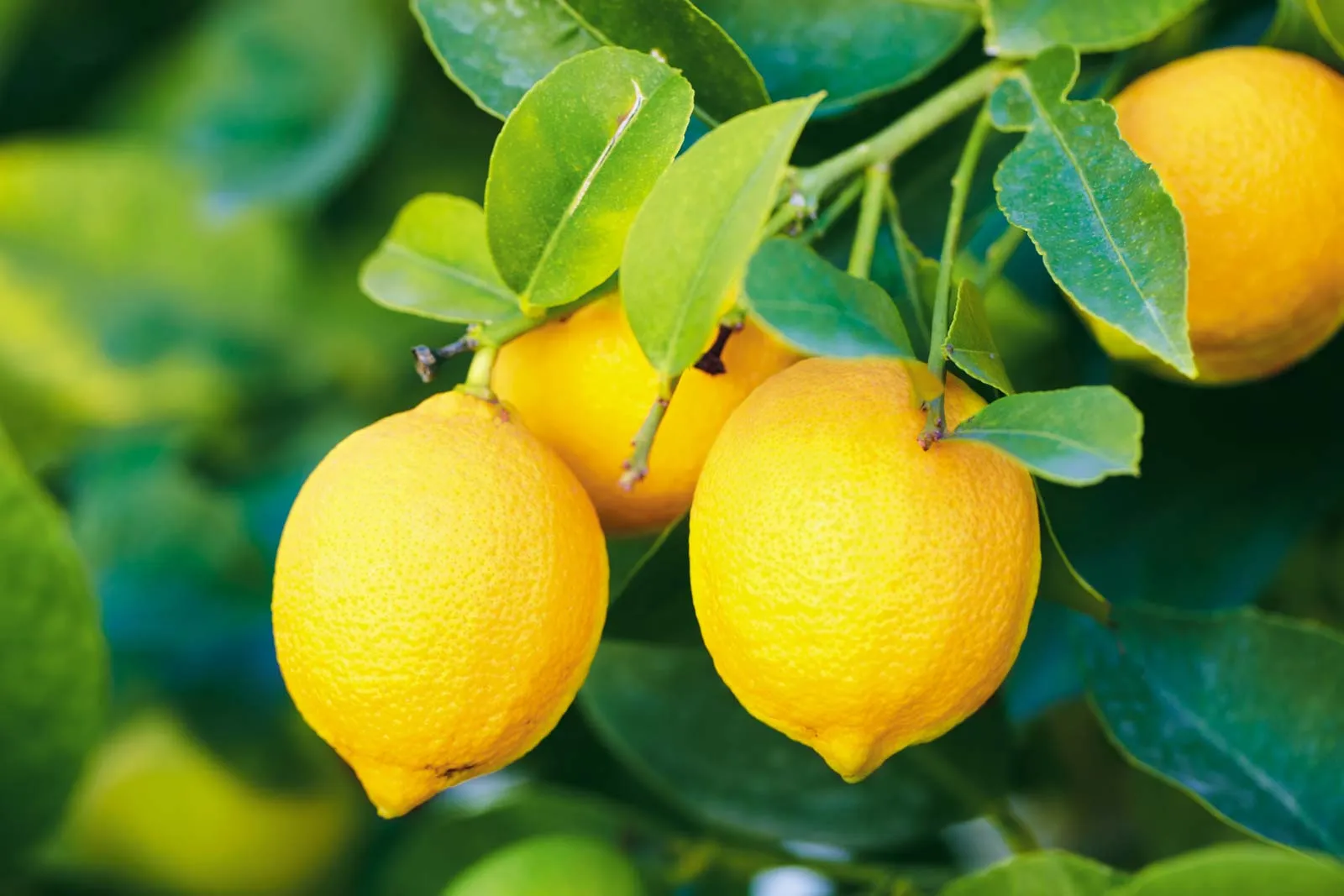Seasonal Fruits In India With Nutrients And Health Benefits

The hot and humid summers in India bring with them an abundance of seasonal fruits. From mangoes and watermelons to litchis and jackfruit, there is no shortage of deliciousness during this time of year. But these fruits are not just tasty – they’re also packed with nutrients and health benefits that can help you stay cool and healthy all season long. In this blog post, we will explore some of the most popular seasonal fruits in India and their respective nutrients and health benefits. So whether you’re looking to beat the heat or simply want to enjoy a delicious and healthy snack, be sure to check out this blog post for all the best info on seasonal fruits in India.
India is a land of seasonal fruits
India is a land of seasonal fruits. From the exotic jackfruit to the humble banana, there’s a fruit for every season in India. Each fruit is not only delicious but also packed with nutrients and health benefits. Each season has its own unique fruits that are grown in different parts of the country. The climate and soil type in each region affects the type of fruits that grow there.
Summer fruits in India include mangoes, watermelons, muskmelons, and lychees. Mangoes are rich in vitamins A and C, as well as fiber and antioxidants. They help boost immunity, improve digestion, and protect against cancer. Watermelons are 90% water and are a great source of hydration. They also contain vitamins A, B6, and C, as well as lycopene, an antioxidant that helps protect against heart disease and cancer. Muskmelons are another type of summer fruit that are similar to watermelons in nutritional content.
Autumn fruits in India include grapes, pomegranates, guavas, and figs. Grapes are a good source of vitamins C and K, as well as fiber and antioxidants. Pomegranates are rich in vitamins C and K, folate, potassium, and antioxidants. They help boost immunity, improve heart health, and protect against cancer. Guavas are a tropical fruit that contain vitamins A, C, and fiber. Fig trees are native to India and the fruit is high in fiber and minerals such as calcium, iron, magnesium, phosphorus, potassium, sodium ,and zinc.
Winter fruits in India include oranges , grapefruits, papayas, and kiwis. Oranges are an excellent source of vitamin C, as well as fiber and antioxidants. Grapefruits are rich in vitamins A and C, as well as fiber and antioxidants. Papayas contain vitamins A, C, and E, as well as fiber and carotenoids. Kiwis are a good source of vitamins C and E, as well as fiber and potassium.
Spring fruits in India include strawberries, apricots, cherries, and plums. Strawberries are an excellent source of vitamin C, as well as fiber and antioxidants. Apricots are a good source of vitamins A and C, as well as fiber and beta-carotene. Cherries are a good source of vitamins C and K, as well as fiber and antioxidants. Plums are a good source of vitamins C and K, as well as fiber and phytonutrients.
List of some common seasonal fruits in India with their nutritional value and health benefits
There are a wide variety of seasonal fruits available in India with different nutritional values and health benefits. Some of the most common seasonal fruits found in India:
- Mangoes: Mangoes are rich in vitamins A, C, and E, as well as fiber and antioxidants. They have been shown to boost immunity, improve digestion, and protect against various chronic diseases.
- Bananas: Bananas are a good source of potassium, vitamin C, dietary fiber, and vitamin B6. They can help regulate blood sugar levels, promote heart health, and reduce the risk of some types of cancer.
- Apples: Apples are rich in fiber, vitamins A and C, and antioxidants. They have been shown to promote heart health, reduce the risk of some types of cancer, and improve gut health.
- Oranges: Oranges are a good source of vitamins C and A, as well as fiber and citrus bioflavonoids. They can help boost immunity, lower blood pressure, and reduce the risk of some chronic diseases.
- Watermelons: Watermelons are a great source of hydration and contain vitamins A, B6, and C. They can also help prevent muscle cramps during exercise and reduce the risk of some types of cancer.
- Muskmelon: Muskmelon is rich in vitamins A, C, and potassium. It can help boost immunity, improve digestion, and promote heart health.
- Papaya: Papaya is a good source of vitamins A, C, and E, as well as fiber and antioxidants. It can help boost immunity, improve digestion, and protect against various chronic diseases.
- Lemon: Lemons are rich in vitamin C, which can help boost immunity and protect against various chronic diseases.
- Mosambi (Sweet Lime): Mosambi is rich in vitamin C and antioxidants. It can help boost immunity, improve digestion, and protect against various chronic diseases.
- Guava: Guava is rich in vitamins A, C, and fiber. It can help boost immunity, improve digestion, and reduce the risk of some types of cancer.
- Litchis: Litchis are a good source of vitamins C and B, as well as antioxidants. They can help boost immunity, improve digestion, and protect against various chronic diseases.
- Grapes: Grapes are a good source of vitamins A, C, and K, as well as antioxidants. They can help boost immunity, improve digestion, and reduce the risk of some types of cancer.
- Pomegranate:Pomegranate is rich in vitamins C and B5, as well as fiber and antioxidants. It can help boost immunity, improve digestion, and protect against various chronic diseases.
- Water Apple: Water apples are a good source of vitamins A and C, as well as fiber. They can help boost immunity, improve digestion, and protect against various chronic diseases.
- Jack Fruits: Jack fruits are a good source of vitamins C and B6, as well as fiber and antioxidants. They can help boost immunity, improve digestion, and protect against various chronic diseases.
- Mangoosteens: Mangoosteens are rich in vitamin C, fiber, and antioxidants. They can help boost immunity, improve digestion, and protect against various chronic diseases.
- Indian Gooseberry (Amla): Amla is rich in vitamin C, fiber, and antioxidants. It can help boost immunity, improve digestion, and protect against various chronic diseases.
- Pears: Pears are a good source of fiber, vitamins C and K, and antioxidants. They can help boost immunity, improve digestion, and reduce the risk of some types of cancer.
- Kiwi: Kiwi is a good source of vitamins C and E, as well as fiber and antioxidants. It can help boost immunity, improve digestion, and protect against various chronic diseases.
- Dragon Fruits: Dragon fruit is a good source of vitamins C and B, as well as fiber and antioxidants. It can help boost immunity, improve digestion, and protect against various chronic diseases.
- Star Fruits: Star fruits are rich in vitamins C and A, as well as fiber and antioxidants. They can help boost immunity, improve digestion, and protect against various chronic diseases.
- Cherry Fruits: Cherry fruits are rich in vitamins C and A, as well as fiber and antioxidants. They can help boost immunity, improve digestion, and protect against various chronic diseases.
- Fig Fruits: Fig fruits are rich in fiber, vitamins A and C, and minerals such as potassium and calcium. They can help boost immunity, improve digestion, and reduce the risk of some chronic diseases.
- Pineapple: Pineapple is a good source of vitamins C and B1, as well as fiber and antioxidants. It can help boost immunity, improve digestion, and protect against various chronic diseases.
- Rambutan: Rambutan is a good source of vitamins C and B, as well as fiber and antioxidants. It can help boost immunity, improve digestion, and protect against various chronic diseases.
- Custard Apple: Custard apple is rich in vitamins A and C, as well as fiber and antioxidants. It can help boost immunity, improve digestion, and protect against various chronic diseases.
- Dates: Dates are a good source of dietary fiber, vitamins, and minerals. They can help improve digestion, reduce the risk of some chronic diseases, and promote heart health.
- Sapotta (Chikku): Sapotta is a good source of vitamin C and dietary fiber. It can help improve digestion and reduce the risk of some chronic diseases.
- Plum: Plum is a good source of vitamins A and C, as well as fiber and antioxidants. It can help boost immunity, improve digestion, and protect against various chronic diseases.
- Apricot: Apricot is a good source of vitamins A and C, as well as fiber and antioxidants. It can help boost immunity, improve digestion, and protect against various chronic diseases.
- Avocado: Avocado is a good source of dietary fiber, vitamins, and minerals. It can help improve digestion, reduce the risk of some chronic diseases, and promote heart health.
These are just some of the many seasonal fruits that are available in India. Each fruit has its own unique nutritional value and health benefits. Seasonal fruits are a great way to add more vitamins, minerals, and antioxidants to your diet.
How to include these seasonal fruits in your diet
Including seasonal fruits in your diet is a great way to enjoy the many benefits they have to offer. Seasonal fruits are typically more nutrient-rich than non-seasonal varieties, as they are picked at the peak of ripeness. This means that they offer more vitamins, minerals, and antioxidants than fruits that are picked early and shipped long distances.
There are many ways to include seasonal fruits in your diet. You can enjoy them fresh, dried, or juiced. You can also add them to smoothies, yogurt, oatmeal, and baked goods. Seasonal fruits make a delicious and healthy snack option when you’re on the go.
Here are some tips for incorporating seasonal fruits into your diet:
1. Add them to your breakfast routine: Start your day off right with a nutritious breakfast that includes seasonal fruits. Add them to oatmeal or yogurt, or enjoy them as a standalone snack with some nuts or seeds.
2. Incorporate them into snacks: Enjoy seasonal fruits as a healthy snack option when you’re on the go. Pack them in a lunchbox or keep them in your purse for an easy snack option when you’re out and about.
3. Use them in recipes: Seasonal fruits can be used in all sorts of recipes, from pies and cobblers to smoothies and salad dressings. Get creative and experiment with different ways to incorporate seasonal fruits into your meals and snacks!
Nutritional Value and Health Benefits of Seasonal Fruits
When it comes to seasonal fruits, India is a veritable treasure trove! From luscious mangoes and succulent lychees in the summer, to crisp apples and pomegranates in the winter, there’s always something in season to tantalize your taste buds. But did you know that these delectable fruits also come packed with essential nutrients and health benefits?
Mangoes, for instance, are an excellent source of Vitamin C, which helps boost immunity. Lychees are rich in antioxidants and can help protect against heart disease. Apples are a good source of fiber and vitamins A & C, and pomegranates are packed with vitamins A, C & E as well as minerals like iron and calcium.
So next time you’re looking for a healthy snack or want to add some extra nutrition to your diet, reach for seasonal fruits instead of processed snacks or sugary drinks. Your body will thank you for it!
Conclusion
India is a land of diversity, and that extends to its fruits as well. With an array of seasonal fruits available throughout the year, there is no excuse not to include them in your diet. Not only are they delicious, but they are also packed with nutrients and health benefits that can help you improve your overall health. So, next time you are at the market, make sure to pick up some seasonal fruits so that you can enjoy all the benefits they have to offer!



